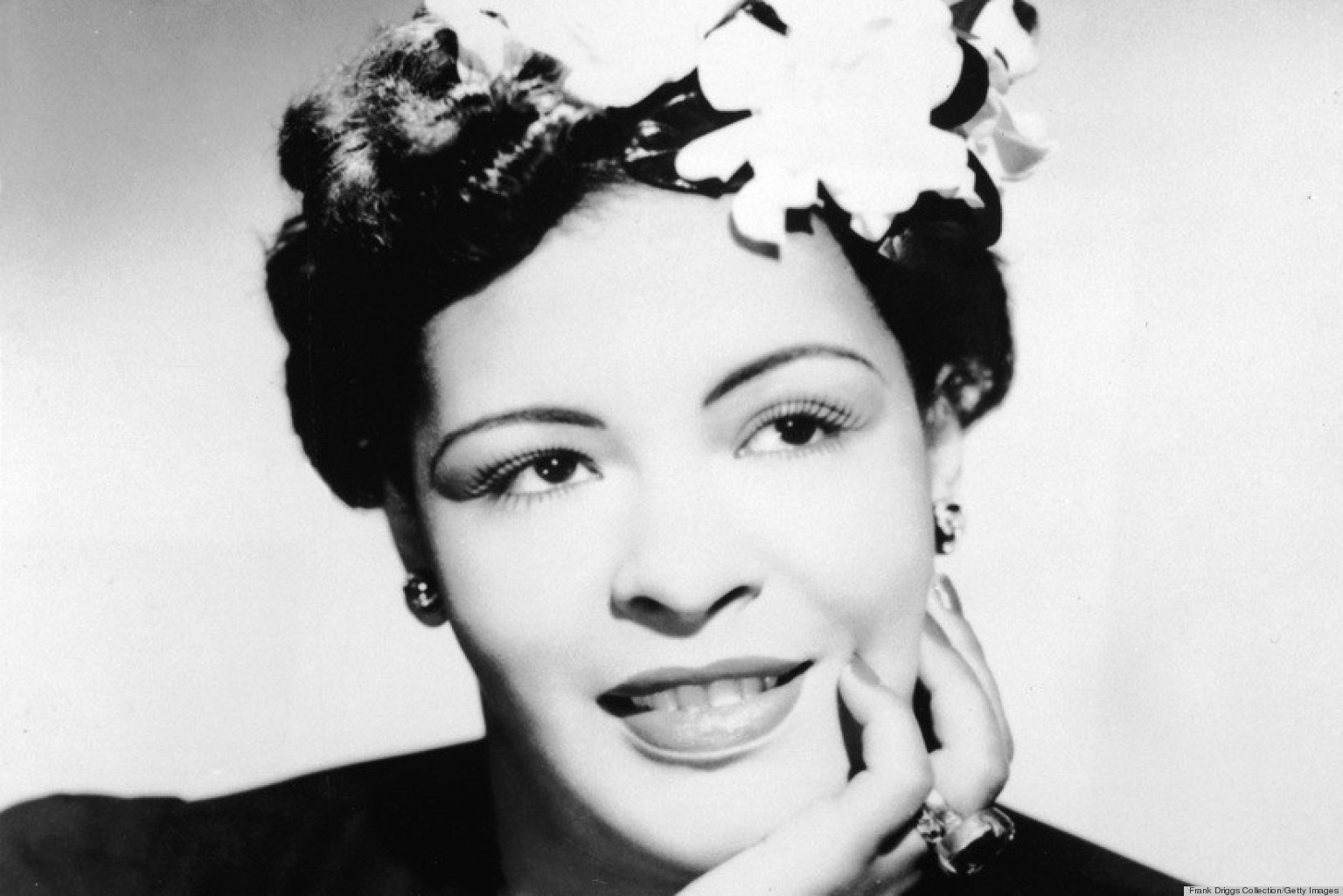
Eleanora Fagan (1915–1959), most commonly known as Billie Holiday, was an American jazz musician and singer songwriter. Her career spanned thirty years and had a great influence on jazz music and pop singing. Not formally trained, she pioneered a new way of manipulating phrasing and tempo. Known for her vocal delivery and improvisational skills, her voice captivated audiences.
She began her career singing in Harlem nightclubs after a turbulent childhood, and was signed to Brunswick Records in 1935. While signed to this record company she was given free range to improvise with the material, where she revolutionized the idea of making the melody line fit the emotion. There she recored the song “What a Little Moonlight Can Do” which was deemed her claim to fame. Her partner, Teddy Wilson, and her took many classic pop songs and turned them into Jazz classics. However, her fame led her to turn to drugs and in 1947 she was arrested for possessing narcotics. After a brief stint in prison she played a sold-out Carnagie Hall show, but the years of drug abuse, drinking, and abusive relationships caused her health and voice to deteriorate. Her later albums show this as her voice is more course and lacked it’s earlier vibrancy. She died in 1959 from pulmonary edema and heart failure caused by cirrhosis of the liver.



